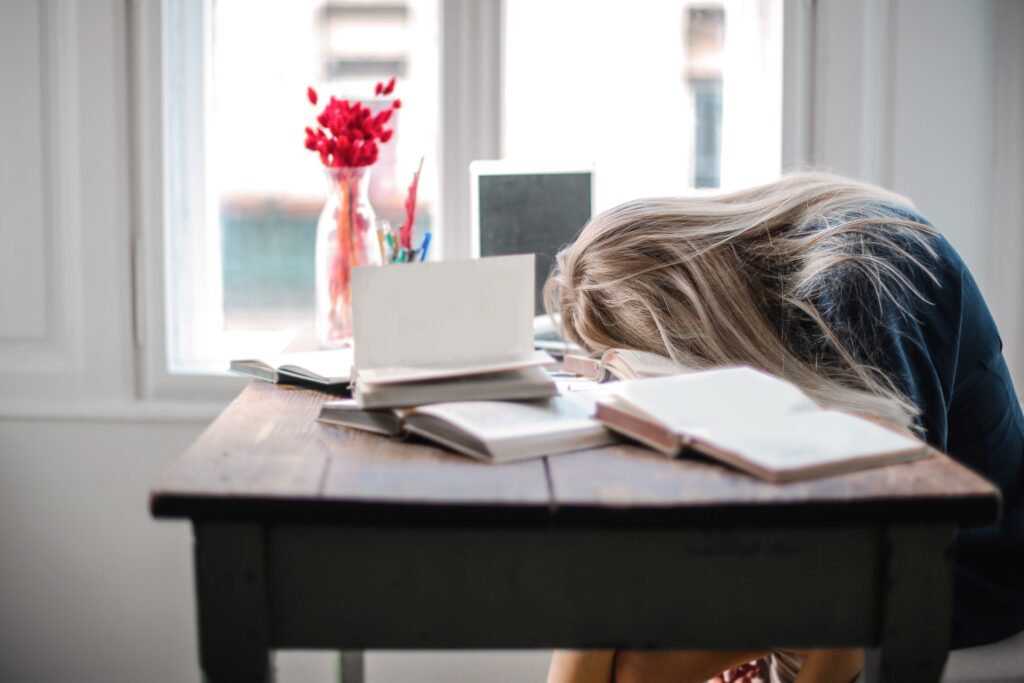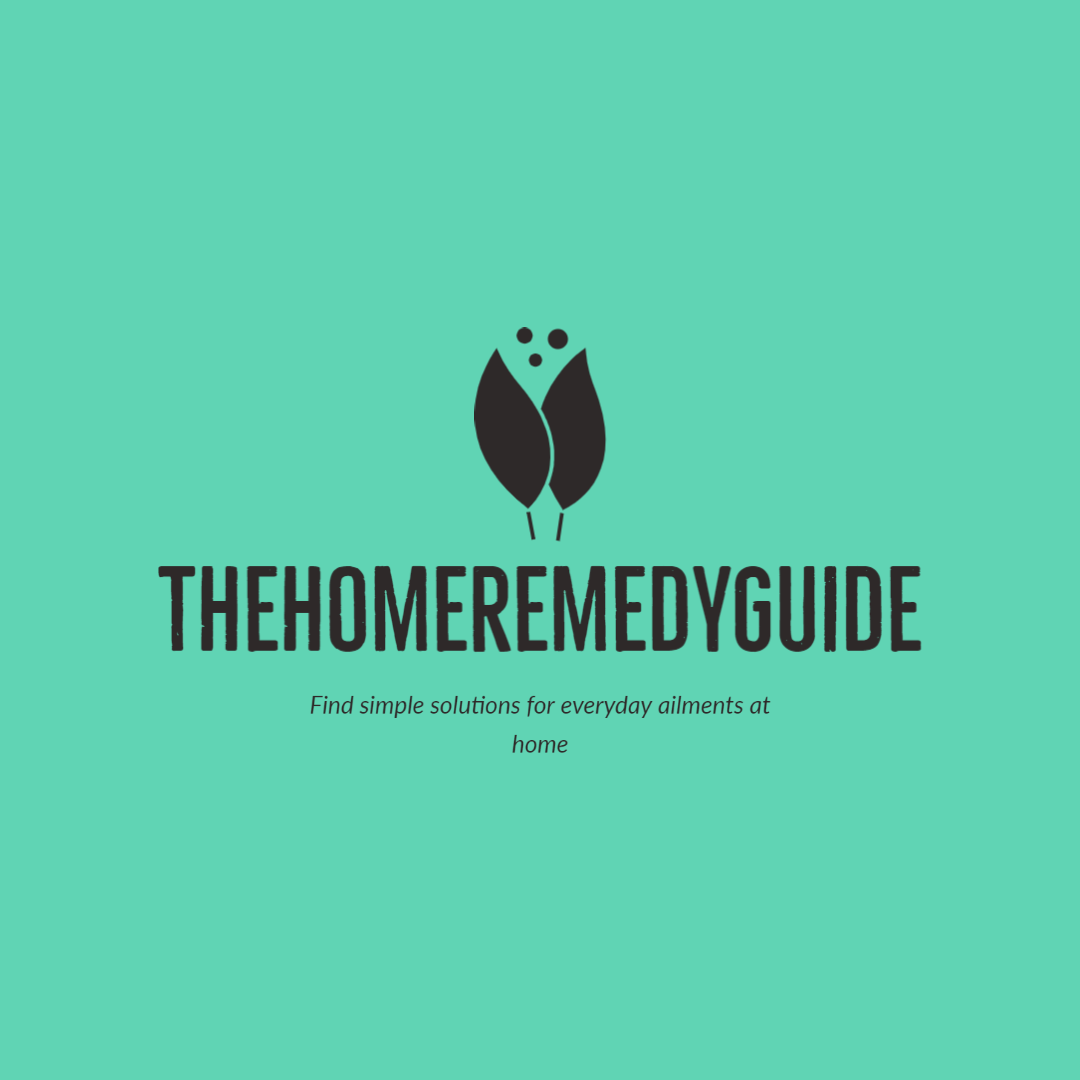
Sleep disorders are a group of conditions that can disrupt a person’s normal sleep patterns, leading to difficulty falling asleep, staying asleep, or getting restful sleep. Sleep disorders can cause a variety of physical and mental health problems, including fatigue, irritability, difficulty concentrating, and a weakened immune system. There are many different types of sleep disorders, including insomnia, which is characterized by difficulty falling or staying asleep; sleep apnea, which is a disorder that causes a person to stop breathing repeatedly during sleep; restless leg syndrome, which is a disorder that causes an irresistible urge to move the legs; and narcolepsy, which is a disorder that causes excessive daytime sleepiness. There are several potential causes of sleep disorders, including medical conditions, such as depression or anxiety, medications, stress, and lifestyle factors such as irregular sleep patterns or caffeine and alcohol consumption. Some people may also have a genetic predisposition to sleep disorders. Treatment for sleep disorders may include lifestyle changes, such as maintaining a regular sleep schedule and avoiding caffeine and alcohol before bed, as well as medications and other therapies.
Symptoms
- Difficulty falling asleep
- Difficulty staying asleep
- Non-restorative sleep
- Excessive daytime sleepiness
- Irritability
- Frequent awakenings
- Snoring
- Difficulty falling asleep or staying asleep despite the opportunity to do so
- Difficulty waking up in the morning
- Abnormal movements or behaviors during sleep
Home Remedies
There are several home remedies that may help improve sleep quality and reduce the symptoms of sleep disorders. Here are a few options you can try:
- Establish a regular sleep schedule by going to bed and waking up at the same time every day, even on weekends.
- Create a comfortable sleep environment by keeping your bedroom dark, cool, and quiet, and using a comfortable mattress and pillows.
- Avoid stimulating activities before bedtime, such as watching TV, using the computer, or engaging in vigorous exercise.
- Avoid caffeine, alcohol, and large meals close to bedtime, as these can disrupt sleep.
- Try relaxation techniques, such as deep breathing, meditation, or yoga, to help calm the mind and body before bed.
- Consider using white noise or earplugs to help block out external noises that may disturb your sleep.
It’s important to note that these remedies may not work for everyone and may not be suitable for all types of sleep disorders. If you continue to experience sleep problems or have difficulty falling or staying asleep, you should see a doctor for further evaluation and treatment.
